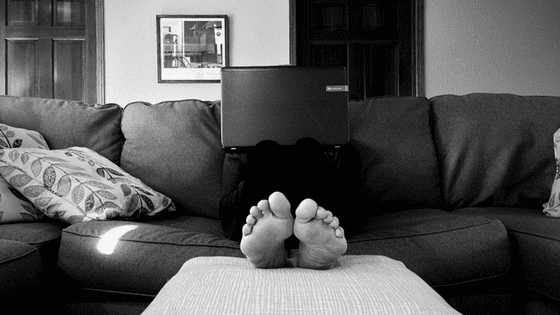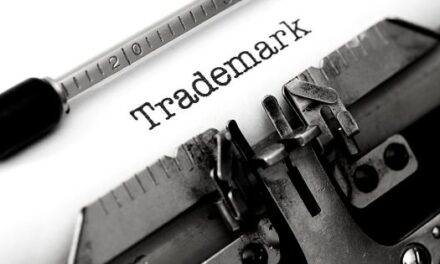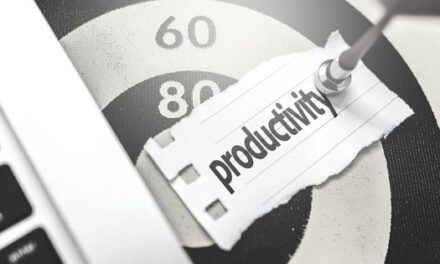It doesn’t take much. A nasty side comment. Being left out of a crucial meeting. Getting dressed down in the guise of ‘constructive feedback’. Being on the receiving end of someone else’s tirade.

These little interactions tear strips from our resilience.
How are people so oblivious to the hurt they are unleashing?
I ran a workshop this week on people reading skills and asked this: “What do we mean when we say that a person ‘lacks emotional intelligence’?”
The responses included:
- They are not aware of how their behaviour is impacting others
- They are unpredictable – one day they’re happy, the next day they are angry
- They lose their temper easily.
As my friend Chris Freeman says, “Some people bring energy to a room when they enter it; others when they leave it.”
When we dug a little more into these scenarios, we found that we developed a sense of compassion for these volcanic unpredictable people. We realised no one wants to be the prickly pear intentionally. This kind of aggressive behaviour is usually due to some sort of pain the person is experiencing. Not many are complete sociopaths.
What I found in the workshop is that when people start thinking about emotional intelligence, they begin worrying about how THEY are showing up, what kind of impact they are having. They don’t want to be the person other people avoid or celebrate when they leave the room.
So how do we develop self awareness?
Use technology. There was a remarkable article in HR Magazine that outlined the innovations in emotional sensors being developed for artificial intelligence. The idea is that the sensors monitor the micro biological cues (heart rate, stress responses, skin temperature changes, eye movements, change in tone). This will help machines decode what is happening for individuals. The origins for this was to help bankers prevent making impulsive investment decisions.
Technology amplifies our self awareness. We can start without it though by paying attention to our own biological cues: notice your breathing – deep or shallow, notice the tension in your body, notice the flush of your face. When you start to notice what is happening bio-chemically, you develop the skill of self-observation. When this happens, this is the first foray into developing perspective and getting your emotions in the passenger seat, instead of the driver’s seat.
Reflection. This is the one key habit for all successful leaders. At the end of the day, in your journal, or over a cup of tea, take a few moments to think about your interactions of the day. Did you add to someone’s life, or detract from it? Where did you do well and where could you improve?
Ask for feedback. We have a troubled relationship with feedback and often find it difficult. It is however the greatest gift. We may not realise that a particular turn of phrase, demeanour, or action had an impact on others.
Lastly, other people can’t ruin our day. Only we do that. Other people can all sorts of behaviours, yet we get to choose how we respond to them. It’s not always easy and other people’s behaviour can be absolutely atrocious. We create the meaning for every experience, so choose to a useful story not a painful one. We are captain of our own ship, we choose its course.






















